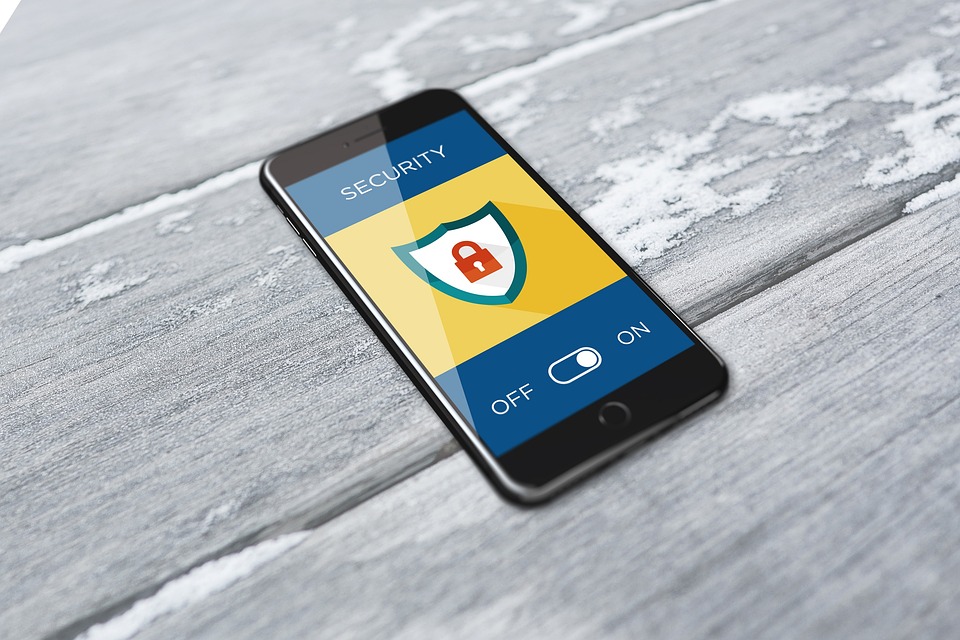LANSING, MI – Democratic lawmakers, with no votes to spare, advanced legislation Wednesday to expand voting overseas in a way that worries election security experts.
The legislature last year passed a law to allow military members to vote electronically, but House Bill 4210 – approved by the chamber on a party-line, 56-to-54 vote – expands that to include spouses and voting-age dependents.
“While living in a foreign country can be a grand adventure, families sacrifice a lot,” said Rep. Christine Morse, D-Texas Township. “… They should not be sacrificing their sacred constitutional right to vote as a result.”
Morse lived on a military base in Japan with her husband from 2006 to 2009, and she said her vote in the 2008 general election was not counted. This is not uncommon.
In the last presidential election, per federal data, 4.6% of Michigan military and overseas ballots were rejected for reasons that include returning too late via mail. In that election overall, less than 1% of absentee ballots were rejected.
Related: Military voting access boosted with new Michigan election law
Democrats argue electronic voting for military spouses, who are mostly women, ensures they have more opportunity to exercise their voting rights. But election security experts say introducing the internet to elections is dangerous.
If the system is compromised, it means a “crisis of confidence in our entire democracy,” says C.Jay Coles, a policy expert at Verified Voting, a nonpartisan organization advocating for responsible use of technology in elections.
Coles told MLive the consequences of voting electronically could further erode trust in elections by making Michigan’s entire voting system vulnerable to sophisticated foreign hackers if they can crack the new electronic piece.
“We’re talking the potential to alter voted ballots and vote counts at a large scale,” Coles said.
In 2020, a commission of election officials and experts appointed by Secretary of State Jocelyn Benson specifically recommended avoiding electronic overseas ballot return, because there is “no available technology that is adequately secure at the present time.”
“[T]here is no method to reliably secure the ballot all the way to the local jurisdiction,” commissioners wrote.
HB 4210 requires Benson’s office to create a system by Sept. 1, 2025, that includes the appropriate security features “to ensure and verify the integrity and secrecy of electronically voted ballots.”
Specific requirements include that the signature on the electronically returned ballot must match the signature on file and that voters must also mail a physical ballot to their local clerk.
A majority of states have implemented electronic voting systems, and they’re not without safeguards. Colorado, for example, requires clerks to print the electronically returned ballot and run that through a tabulator, creating an auditable paper trail.
But any type of electronic ballot return, Coles said, essentially means the voter is giving up their ballot privacy. Then there’s the risk of hacking.
After Washington, D.C., implemented an electronic ballot return system about a decade ago, a team at the University of Michigan led by professor and nationally recognized cybersecurity expert J. Alex Halderman needed only 48 hours to remotely hack and change every vote before they could be printed.
“The bedrock of Michigan elections has long been the simple fact that every vote is cast on a piece of paper which can’t later be changed in any kind of cyber attack,” Halderman told the House elections committee in May.
Flashback: Security concerns raised over internet voting for Michigan military spouses
If not internet voting, what should be done instead to make voting easier for military spouses overseas? Coles says conversations with the U.S. Postal Service and the Defense Department might lead to solutions like expedited return of ballots or free postage.
“You have to start from where the problem is,” Coles said. “You can’t jump over the problem and the solution to that problem and just end up at internet voting. Because internet voting isn’t the answer, according to literally all the experts.”
HB 4210 must now clear a Senate committee and the full Senate, both controlled by Democrats like the House, to become law with Gov. Gretchen Whitmer’s signature. The governor said in a statement Wednesday she supports the bill.
The bill is also supported by Michigan’s associations of county and municipal clerks. The state Department of Military and Veterans Affairs is neutral.











